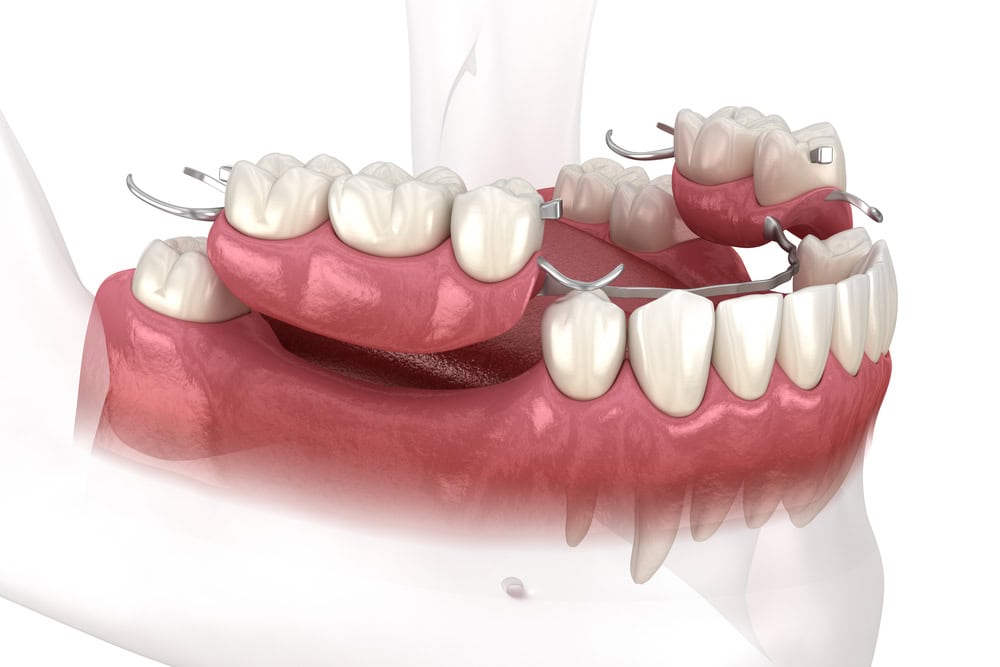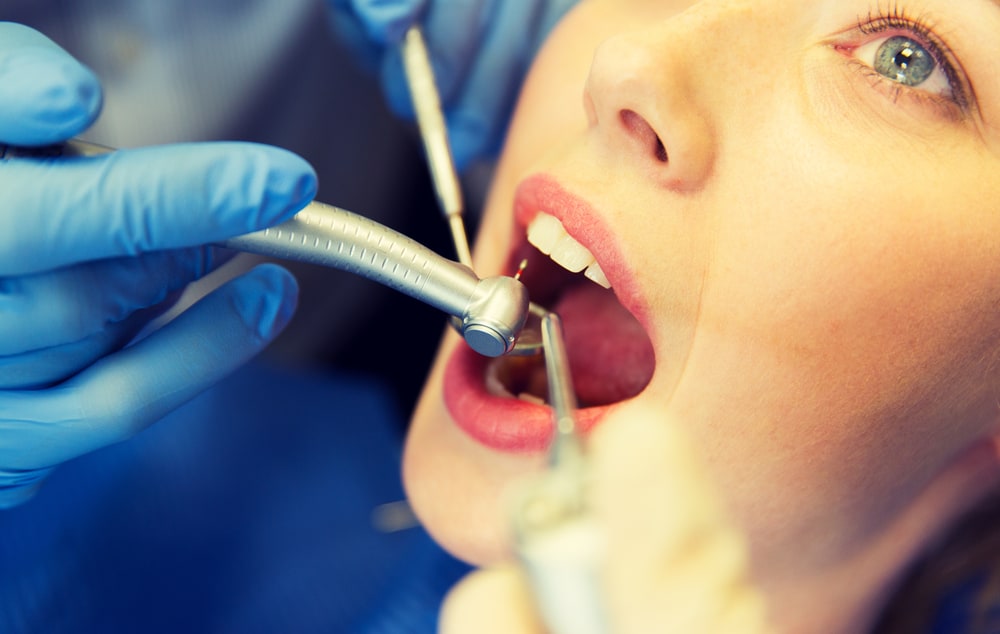‘An ounce of prevention is worth a pound of cure’ is a fitting adage to consider when discussing dental emergencies. For many, the unexpected pain and discomfort can be a cause of alarm.
This article will provide an overview of common dental emergencies, their signs and symptoms, and the best course of action for seeking professional medical attention and taking care of oneself at home. Additionally, readers will learn the importance of practising good oral hygiene and when to see a dentist.
Identifying Common Dental Emergencies
It is important to be able to identify common dental emergencies in order to address them properly. Emergency dental situations can range from mild to severe and require prompt attention in order to minimise potential long-term consequences. Dental care providers are able to assess the situation and provide treatment to restore overall oral health. Emergency dentists are available to address problems, including dental pain, knocked-out teeth, and broken teeth.
Dental Clinics are often the first point of contact for those who experience a dental emergency. Emergency Appointments can be made to evaluate the severity of the situation and provide necessary dental services. Other common issues can include severe tooth decay, fractured teeth, or soft tissue injuries.
No matter the severity of the issue, it is important to seek the help of a qualified dental care provider. Emergency dental appointments can provide an opportunity to restore oral health and prevent any long-term consequences. By seeking the help of a qualified practitioner, patients can receive the necessary care and attention they need to return to good oral health.
Understanding the Signs and Symptoms
Identifying the signs and symptoms of a dental issue is essential for prompt treatment. In many cases, the warning signs of a dental emergency are severe and obvious, such as uncontrolled bleeding or severe pain. In other cases, the signs are more subtle, such as a toothache or discomfort when eating. When experiencing any of these symptoms, it is important to take the necessary steps towards dental treatment, such as:
- Taking counter-pain medication and rinsing with warm water
- Applying a cold compress to the affected area
- Seeking medical attention if the discomfort persists
By being aware of the signs and symptoms of dental issues, individuals can reduce the risk of further health complications and ensure they receive dental emergency treatment as soon as possible.
It is also important to note that tooth pain should never be ignored, as this can indicate a more serious problem requiring specialized dental treatment. Therefore, it is essential for individuals to be aware of the warning signs and to take action accordingly.
With the right attention and care, individuals can minimize the risk of facing a dental emergency and ensure their oral health remains in good condition.
Seeking Professional Medical Attention
When signs or symptoms of a dental issue are present, seeking professional medical attention is essential in order to reduce the risk of further health complications. Dental health should be taken seriously and any tooth loss, cavity, or other dental emergency should be addressed by a qualified medical professional. Making an emergency dental appointment as soon as possible is the best course of action when facing a dental emergency.
Over-the-counter pain relievers can help to alleviate some of the discomfort, and avoiding sugary foods can also help to reduce pain and prevent further damage. In the event of a dislodged denture, using denture adhesive can help to provide temporary relief until a professional can be seen.
In cases involving bleeding, gently biting down on a piece of cotton or a cotton ball can help to stop the bleeding. In more serious cases, an urgent care centre or hospital may be necessary. If a dental crown has become dislodged, it is important to take extra caution as the exposed tooth can be very sensitive to temperature and pressure. It is also important to note that any dislodged fillings or crowns can also cause damage to the surrounding blood vessels and gums.
Seeking professional medical attention is the best course of action when facing a dental emergency.
Taking Care of Yourself at Home
Taking proper care of yourself at home can help to reduce the risk of further health complications associated with a dental emergency. It is important to take care of the affected area, including the gum tissue, to ensure that any food particles that may have been lodged in the area are cleared away. Proper oral health is essential to reduce the risk of infection and to manage any extreme pain associated with the dental emergency.
Pain relievers can help to reduce discomfort. Rinsing with a salty water solution can help to reduce swelling and pain, but should not be used to treat a tooth infection. If the dental emergency is a severe toothache, a cold compress and piece of gauze can help to reduce pain. If the emergency is due to dental decay, it is important to seek professional medical attention as soon as possible.
Taking these steps can help to reduce further health complications associated with a dental emergency.
Practising Good Oral Hygiene
Practising good oral hygiene is essential to reducing the risk of developing a dental emergency. It is important to brush and floss teeth regularly, as well as attend regular checkups with a dentist.
Even if one experiences a mild toothache, it is important to be proactive and contact a dentist for an appointment. For facial swelling, pain thresholds, and a tooth abscess, seeking emergency care is the best choice. To reduce discomfort before seeking help, a person can rinse their mouth with a cup of water or a saltwater solution. Cold foods can help numb the area if there is a soft tissue injury.
Additionally, avoiding sugary and acidic foods will help maintain good oral health and reduce the chances of a dental emergency.
Knowing When to See a Dentist
It is important to recognize when to seek professional dental care. Dental emergency care is essential for toothaches, tooth extractions, and other urgent situations. Painful experiences, such as a dental abscess, require immediate attention. In the case of a root canal treatment, a tooth in milk should be taken to a dentist right away.
For severe tooth pain, urgent care or emergency room providers can offer temporary relief. A dental emergency exam should be conducted to determine the best course of action. Emergency room providers may be able to provide limited dental pain relief. However, for the most appropriate and effective dental care, it is important to seek assistance from a dental professional.
With timely and appropriate care, a dental emergency can be alleviated swiftly and effectively.
Key Takeaways
Good oral hygiene is a vital component of overall health and well-being. Taking the time to care for your teeth and gums can help prevent dental emergencies in the long run.
Like a strong foundation is to a house, healthy teeth and gums are the cornerstones of a beautiful, bright smile. Regular visits to the dentist, along with brushing twice a day and flossing daily, can help protect against painful and costly dental emergencies.
At Western Sydney Smiles in St Marys, NSW, we invite you to come and experience our comprehensive range of dental services. We provide a welcoming and comfortable environment for all our patients, making sure they get the care they need. Our team of experienced dentists in St Marys are dedicated to providing the highest level of quality care, so come visit us today to make sure your smile is the best it can be.







